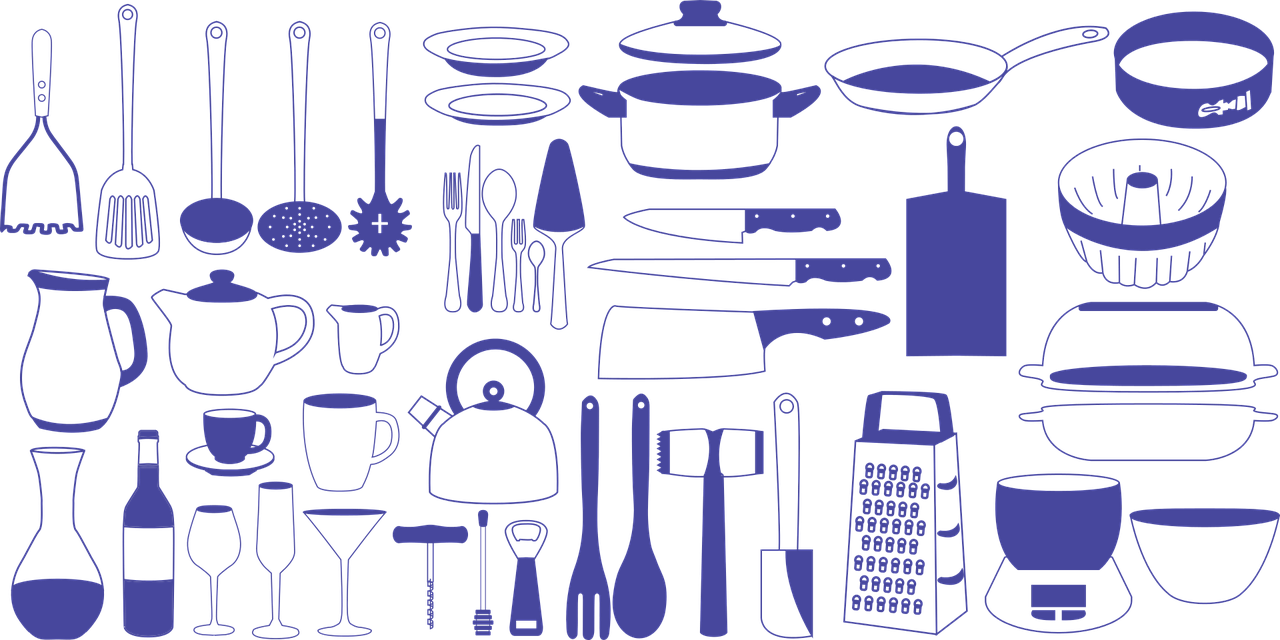
 How to Learn Cooking at Home for Beginners
How to Learn Cooking at Home for Beginners
If you're a beginner in the kitchen, learning to cook at home can feel intimidating. However, with a little patience and practice, you can become a confident cook in no time. Cooking at home not only allows you to experiment with different flavors and ingredients but also helps you save money and eat healthier. Here are some tips to get started on your culinary journey:
Begin your cooking journey by picking simple recipes that require only a few ingredients and basic cooking techniques. Look for recipes that have clear instructions and minimal prep work. Starting with easy dishes will help you build confidence and gradually improve your skills.
Having the right tools in the kitchen can make a significant difference in your cooking experience. Invest in basic kitchen essentials such as a good chef's knife, cutting board, pots and pans, measuring cups, and spoons. These tools will make cooking more efficient and enjoyable.
Learning fundamental cooking techniques will provide you with a solid foundation. Start by practicing basic skills like chopping vegetables, boiling pasta, sautéing onions, and making simple sauces. As you become more comfortable, you can gradually expand your repertoire and experiment with more advanced techniques.
Recipes are the backbone of cooking for beginners. They provide guidance on ingredient measurements, cooking times, and step-by-step instructions. When starting out, it's essential to follow recipes closely until you become more familiar with different ingredients and flavors. As you gain confidence, feel free to adapt and modify recipes to suit your taste.
A great way to learn cooking techniques and new recipes is by watching cooking tutorials and shows. There are numerous online platforms and television shows dedicated to teaching cooking skills. They often break down the cooking process, explain techniques, and showcase various dishes. Take advantage of these resources to expand your knowledge and inspire your culinary creations.
If you prefer a more hands-on approach, consider joining a cooking class or workshop. Many culinary schools, community centers, and cooking stores offer classes for beginners. These classes provide an opportunity to learn from experienced chefs, ask questions, and practice different cooking techniques.
Cooking should be fun and a chance for creative expression. Don't be afraid to experiment with different flavors, spices, and ingredients. Trying new recipes and techniques will help you grow as a cook. Remember that mistakes are part of the learning process, so embrace them and learn from them.
Consistency is key when it comes to learning anything new, including cooking. Set aside regular time for cooking and make it a part of your routine. The more you practice, the more comfortable and skilled you will become in the kitchen.
Sharing your culinary creations with friends and family is a great way to receive feedback and encouragement. Invite loved ones over for a homemade meal or host a cooking night where everyone gets involved. The joy of sharing good food and creating memorable experiences will motivate you to continue exploring and learning in the kitchen.
Learning to cook at home is an exciting and rewarding journey. With these tips and a willingness to learn, you can develop your culinary skills and create delicious meals in the comfort of your own kitchen.